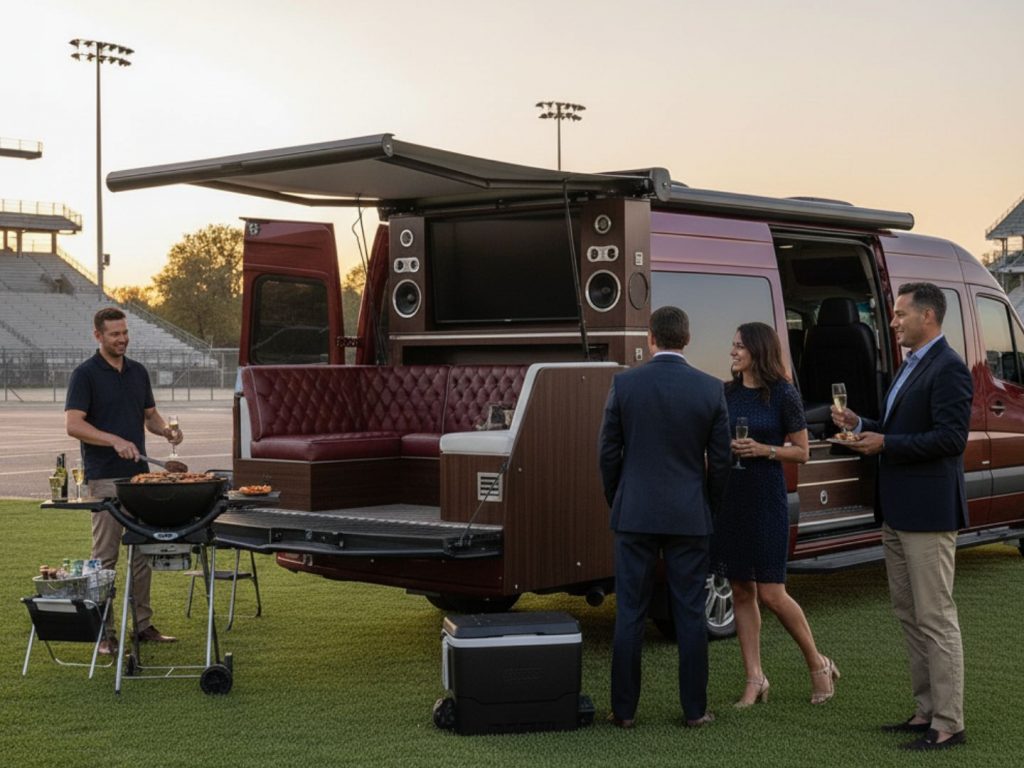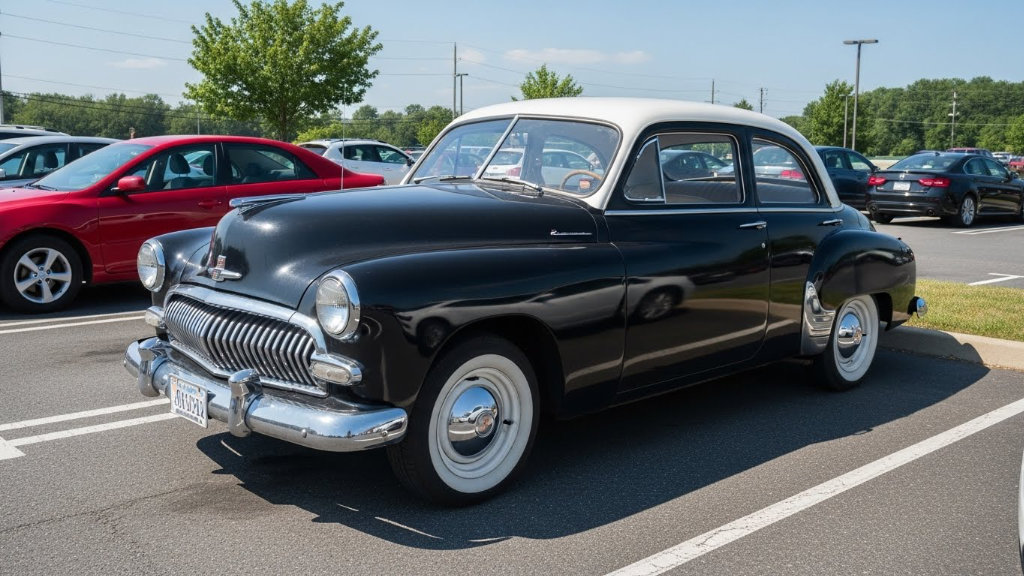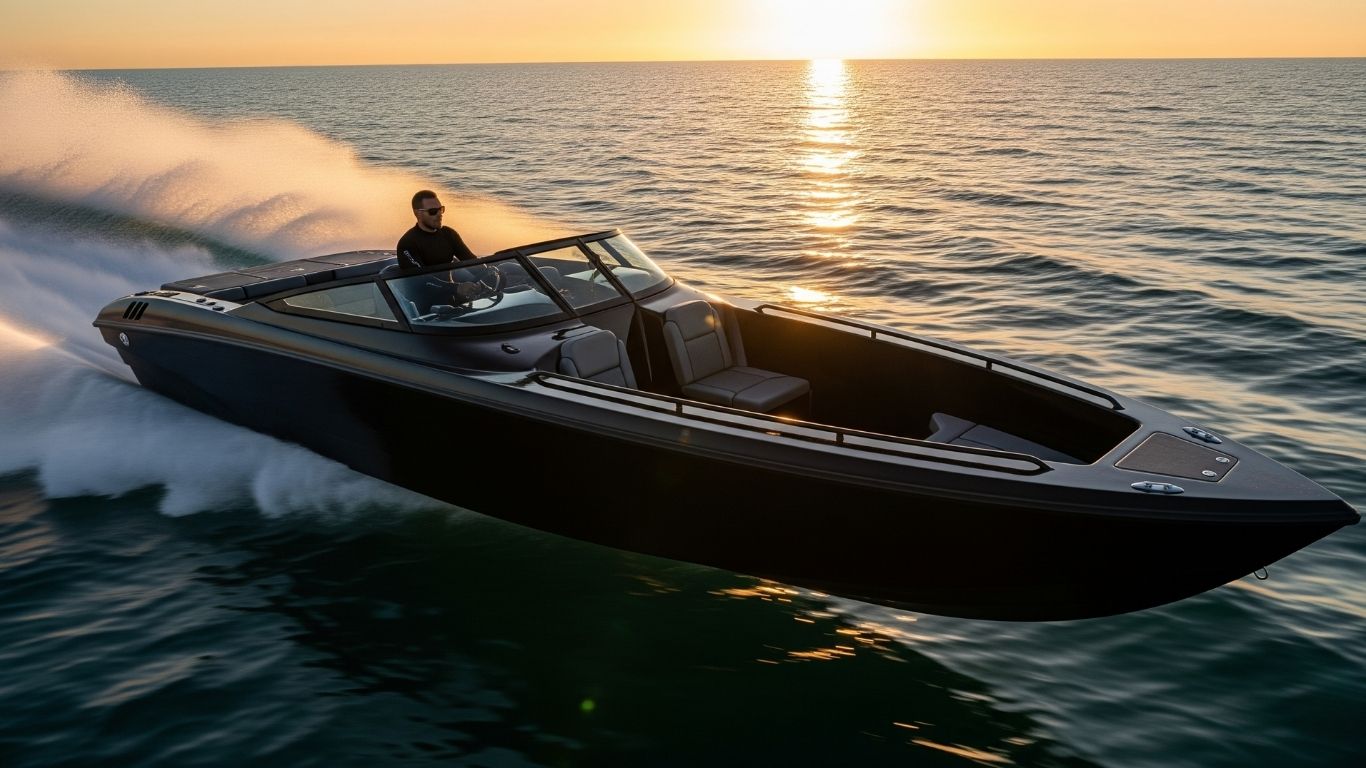Across America, more truck owners are pushing creativity to new levels with custom tailgates, hydraulic lifts, and re-engineered rear platforms. These builds can turn an everyday pickup into a mobile workstation, overlanding setup, or show vehicle.
But when it comes time to hit the highway, one big question always comes up: how do you register a vehicle that’s been heavily modified?
Each state’s Department of Motor Vehicles (DMV) handles custom and modified vehicles differently. That’s where Ride Legal steps in — helping owners understand the process, prepare the right documents, and stay compliant from build to registration.
What Counts as a Modified Tailgate Vehicle
A modified tailgate vehicle is any car, truck, or SUV whose rear section has been altered from its factory design. Examples include:
- Hydraulic or power-assisted tailgate lifts
- Extended or reinforced tailgates for extra load support
- Built-in toolboxes, steps, or racks
- Relocated brake lights or license plate mounts
Once you make structural or functional changes, most DMVs reclassify your truck as a modified or reconstructed vehicle — triggering extra paperwork and inspections.
That’s exactly the kind of complexity Ride Legal helps you navigate. We make sure your modifications meet both state and federal requirements so you can get back to enjoying your build instead of battling bureaucracy.
Once you know what qualifies as a modification, the next step is understanding why DMVs take these changes so seriously.

Why States Treat Modified Vehicles Differently
Every vehicle must meet safety and emissions standards — and when modifications change how a vehicle performs, regulators take notice.
Alterations to a tailgate can impact:
- Brake and signal light visibility
- Rear weight balance and frame strength
- License plate placement
- Impact protection standards
That’s why most DMVs require inspections and documentation proving your build meets safety and equipment laws. These rules follow national guidelines under the Federal Motor Vehicle Safety Standards (FMVSS), enforced by the National Highway Traffic Safety Administration (NHTSA).
Ride Legal keeps track of these evolving standards across all 50 states, ensuring your paperwork and modifications stay aligned with both state and federal requirements.
So what does the registration process actually look like for a modified tailgate vehicle? Here’s a general overview.
How the DMV Registration Process Usually Works
While the steps vary, the general process looks similar across most states — and Ride Legal can help with every part of it.
- Apply as a Custom or Reconstructed Vehicle
You’ll need to complete a custom vehicle application form. It often asks for modification details, parts used, build date, and the original vehicle VIN.- California DMV – Specially Constructed/Modified Vehicles
- Texas DMV – Assembled and Rebuilt Vehicles
- New York DMV – Reconstructed Vehicle Registration
- California DMV – Specially Constructed/Modified Vehicles
- Ride Legal helps you complete these forms accurately to avoid processing delays and rejections.
- Inspection and Verification
Your vehicle will be inspected by a state-designated facility to verify identity, safety, and emissions compliance. Some states, like Nevada and Colorado, also require VIN inspections for modified or custom-built vehicles.- Nevada DMV – Vehicle Registration
- Colorado DMV – VIN Inspections
- Nevada DMV – Vehicle Registration
- If the process feels daunting, Ride Legal coordinates directly with inspection stations to ensure your appointment goes smoothly.
- VIN Assignment (if needed)
If your truck uses major parts from multiple sources, a state official may assign a new VIN. Ride Legal assists with preparing proof of ownership and proper documentation for each major component. - Submit Proof of Ownership and Pay Fees
DMVs require receipts or titles for the frame, engine, and tailgate assembly to confirm legitimacy. Fees can differ by classification or appraised value — another detail Ride Legal verifies to help you budget correctly.
What You’ll Need Before Visiting the DMV
Before scheduling your inspection, Ride Legal recommends gathering:
- Completed custom or reconstructed vehicle application
- Proof of insurance meeting your state’s minimum liability coverage
- Detailed modification descriptions and photos
- Receipts or bills of sale for all major components
- Vehicle appraisal or certified weight slip (if applicable)
The American Association of Motor Vehicle Administrators (AAMVA) suggests maintaining a build folder with all relevant documentation — something our clients at Ride Legal rely on when presenting their projects for state review.
People Also Ask
Is Nevada strict on car modifications?
Yes. Nevada enforces height, lighting, and emissions limits under NRS 484D. Tailgate or suspension modifications may require inspection or VIN verification before registration. Ride Legal works with Nevada DMV offices to make this process straightforward.
What is the three-state rule for vehicle registration?
While not a formal rule, the idea applies when a vehicle is operated or stored in multiple states. Legally, your vehicle must be registered where it’s primarily garaged, as advised by the U.S. Department of Transportation. Ride Legal assists clients who travel or relocate frequently, ensuring continuous compliance across state lines.
What are the rules of modification?
Each state has unique standards, but all must follow federal safety and emissions laws. Review your local DMV’s modification page — like California’s Special Construction Guidelines — or contact Ride Legal for guidance tailored to your state.
Will insurance cover a modified car?
Yes, if you disclose your modifications. Most insurers require documentation and may adjust your policy value accordingly. To avoid coverage issues, Ride Legal helps clients submit accurate modification records when finalizing registration and insurance. Visit the National Association of Insurance Commissioners (NAIC) for official guidance.
Why Partner with Ride Legal
Navigating registration for modified vehicles isn’t just paperwork — it’s an education in state-by-state compliance. Ride Legal combines automotive knowledge with administrative precision, helping owners protect their builds while enjoying the open road without obstacles.
Whether you’ve installed a hydraulic tailgate, rebuilt your frame, or converted a truck into a showpiece, Ride Legal ensures your creation is fully recognized, titled, and ready for the road.
We don’t just handle forms — we handle freedom.
Registering a modified tailgate vehicle takes patience, preparation, and precision — but with Ride Legal, you’re never alone in the process. From inspection prep to title approval, we handle the details that keep your creativity road-legal in every state.
Learn more at ridelegal.com and see how our team helps owners of custom and modified vehicles drive with confidence and compliance.



